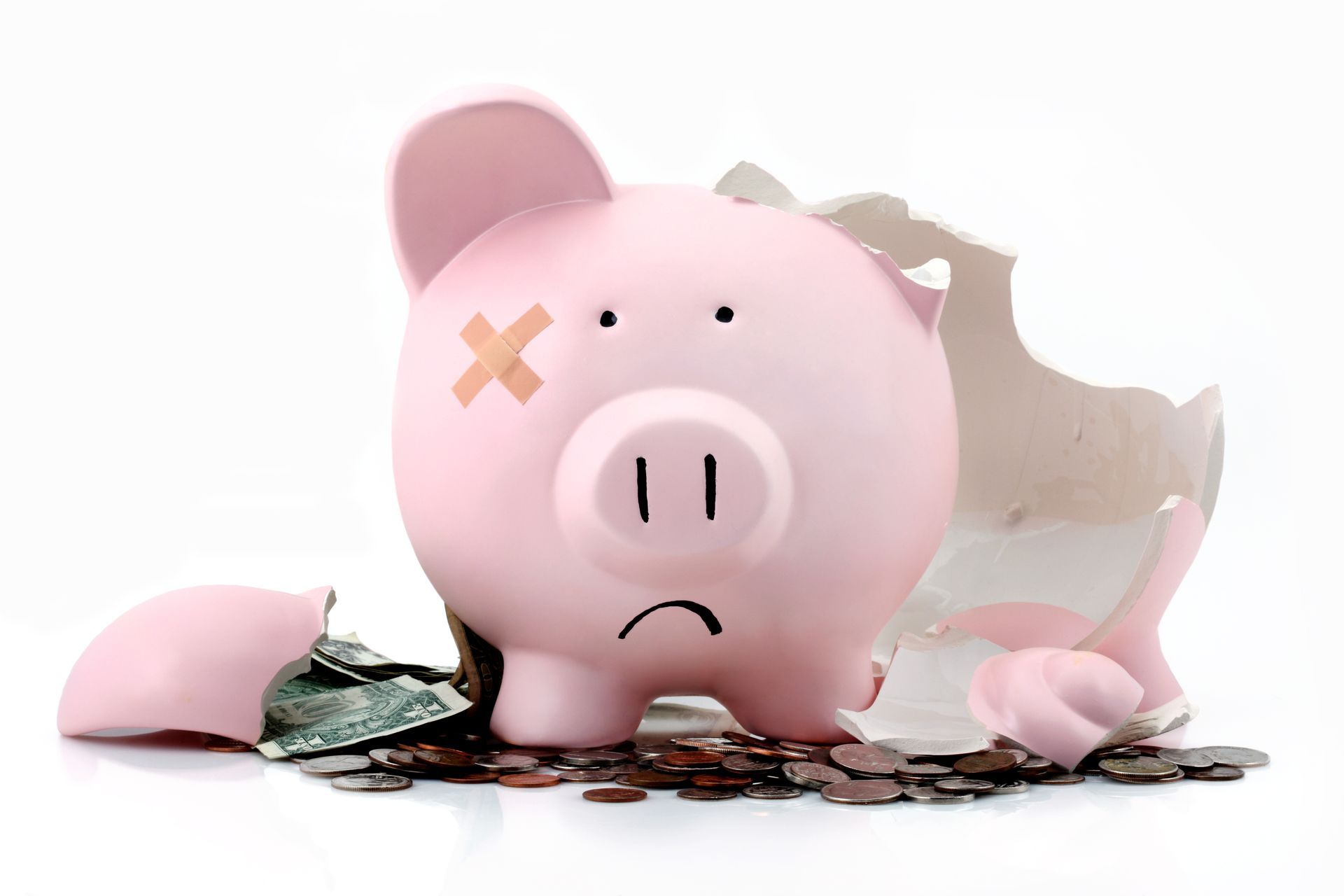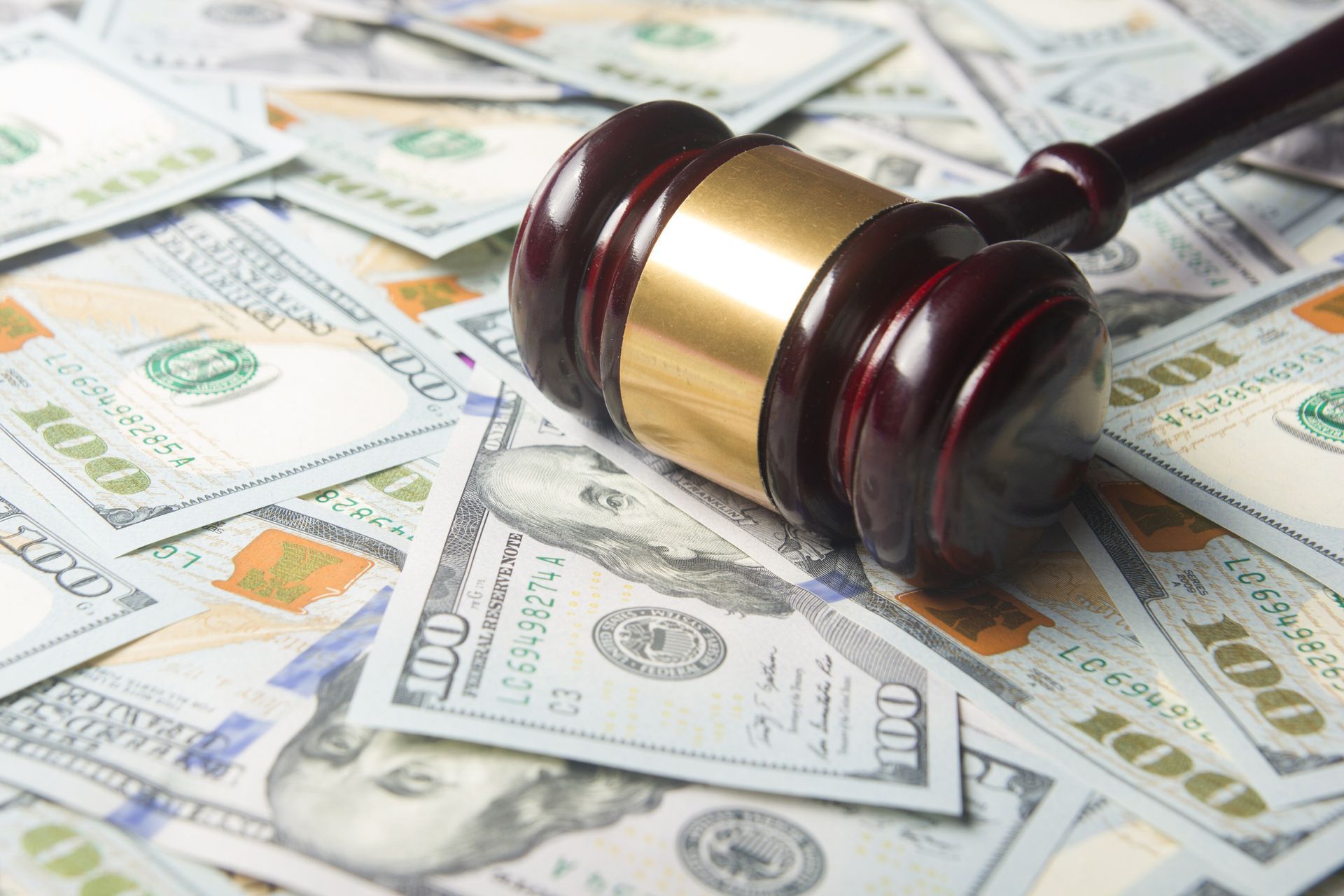How to Prepare for Bankruptcy Before Tax Season: Chapter 7 & Chapter 13 Guidance from a Georgia Bankruptcy Attorney
Facing credit card debt or lawsuits? Learn how to prepare your taxes, gather documents, and file Chapter 7 or 13 bankruptcy before tax season hits.
January may feel far away, but for many people, tax season comes with stress long before the first return is due. If you've been struggling with credit card debt, perhaps facing lawsuits, or thinking bankruptcy may be in your future, this is the time to get ahead. Doing the right prep now can ease the burden in early spring, protect your rights, and help you move toward a fresh start.
Why It's Especially Critical to Prepare Before Tax Season
- Credit card lawsuits increase - May creditors start taking legal action in the new year, especially when debts have been unpaid. Getting organized early helps you avoid default judgments and wage garnishments.
- Tax returns are required – When filing bankruptcy, the court and trustee will want to see your most recent tax returns. Missing or late filings can slow down your case or even hurt your chances of approval.
- Refunds and income matter – If you expect a refund or bonus, it could become part of your bankruptcy estate. Planning helps you protect as much as possible.
- You need time to gather documents – Bankruptcy requires financial records, debt info, and income documentation. Starting now gives you time to do it right.
What You Should Do Now to Be Ready
- Gather your past tax returns: Aim to collect at least the last two to four years of tax filings. These are usually required during your bankruptcy case.
- File any unfiled returns: Unfiled tax returns can delay or complicate your case. File them now so everything is in order before tax season hits.
- Collect income documents: This includes W-2s, 1099s, recent paystubs, and any records of unemployment or other income sources. These help show your financial situation.
- List out all your debts: Include credit card bills, medical debt, personal loans, and any lawsuits you've been served. Your attorney will use this to assess what can be discharged.
- Track your living expenses: Write down your monthly expenses like rent, utilities, groceries, transportation, and child care. This helps determine eligibility and, in Chapter 13, repayment plans.
- Get legal help early: A bankruptcy attorney can help you decide whether Chapter 7 or Chapter 13 is best. They can also help stop lawsuits and guide you through every step of the process.
- Avoid new debt: Don’t take out new loans or max out your credit cards right before filing. That can raise red flags in your case.
- Look into exemptions: You may be able to keep certain property like your car, home equity, or retirement accounts. Gather records now to see what you can protect.
- Organize all paperwork: This includes bank statements, vehicle titles, collection notices, and any court documents from lawsuits. Being prepared saves time and stress.
Chapter 7 vs. Chapter 13: What to Consider
Chapter 7 wipes out most unsecured debt, like credit cards and medical bills. It’s fast (usually done in a few months), but you must meet income limits. You may also have to give up non-exempt property, so knowing what you own and what’s protected is key.
Chapter 13 creates a payment plan over 3 to 5 years. It’s a good option if you have a steady income and want to keep property that’s not exempt under Chapter 7. This option can also help if you're behind on mortgage or car payments.
Credit Card Lawsuits: Don’t Ignore Them
Many people filing for bankruptcy are also dealing with lawsuits from credit card companies. If this is you:
- Don’t wait – Lawsuits can lead to wage garnishment or bank account seizures.
- Tell your attorney – They can help pause the lawsuit or include it in your bankruptcy filing.
- Gather all documents – Make sure to collect any court notices or letters from collectors.
When to File
If you plan to file bankruptcy soon, the months leading up to tax season are the best time to act. You want your taxes filed, your income steady, and your paperwork in order. Filing before a refund comes in - or knowing how to handle a refund if you’re getting one - is part of the strategy.
Let Fight Back With Jack Help You Start Fresh
At Fight Back With Jack, we specialize in Chapter 7 and Chapter 13 bankruptcy. We help you gather the right documents, understand your rights, and protect what matters most. Whether you're being sued, drowning in credit card debt, or just need a clean break, we’ll guide you step-by-step.
Don’t let tax season catch you off guard. Prepare now, and
fight back with Jack.








